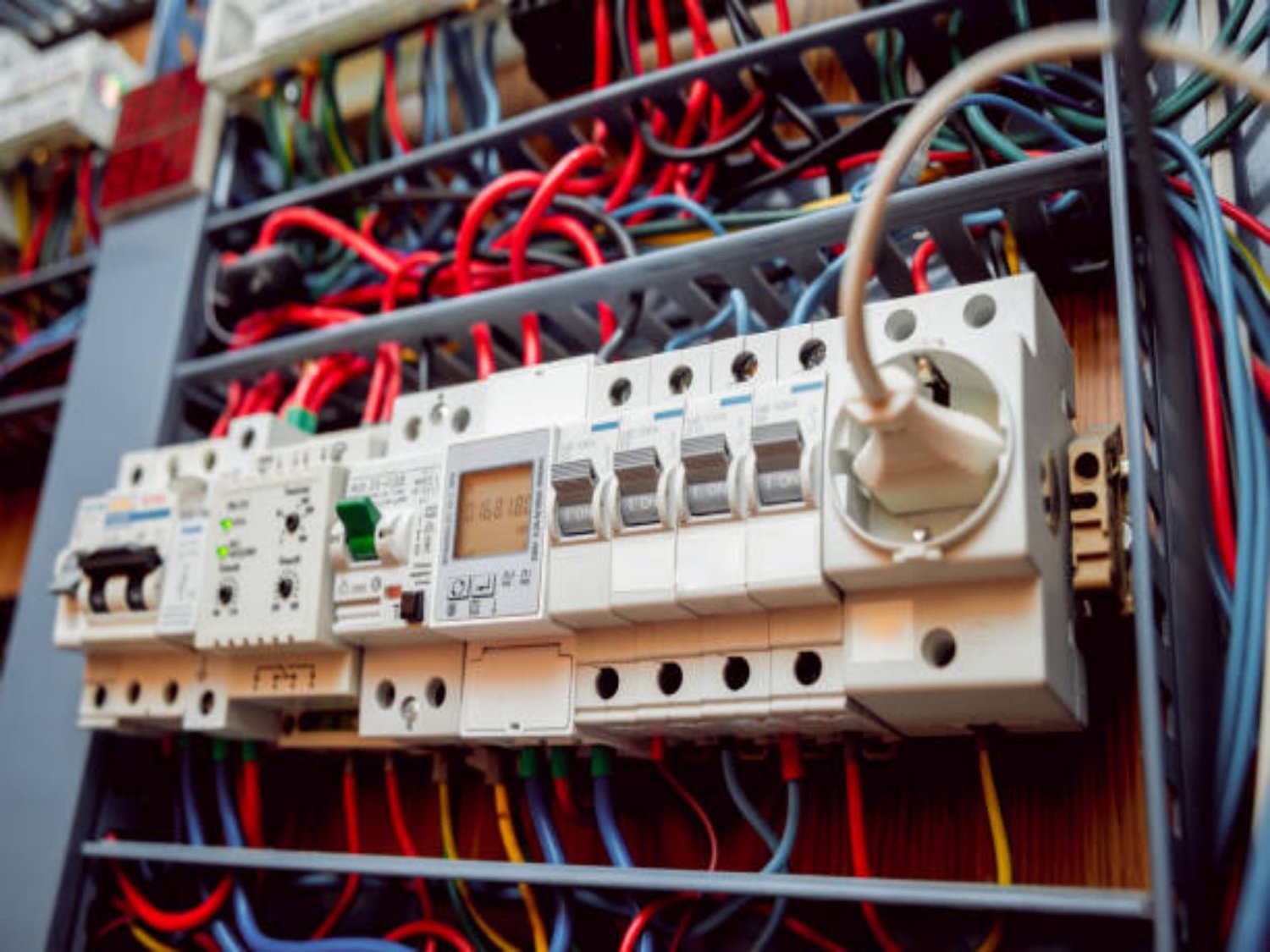Table of Contents

The Basics of a soft start contactor
A soft start contactor is an electrical device used to control the starting and stopping of electric motors. It provides a gradual increase in voltage to the motor, which reduces the stress and mechanical shock on the motor and connected machinery. This article explores the various aspects of soft start contactors and their applications in different industries.
Advantages of Using a Soft Start Contactor
Soft start contactors offer numerous benefits compared to traditional contactors. First and foremost, they prevent high inrush currents, which can cause voltage dips and affect other equipment connected to the same power supply. Additionally, soft start contactors reduce mechanical wear and tear, increase the lifespan of motors, and minimize maintenance costs. They also improve energy efficiency by reducing peak power demand during motor startups.
Applications in Industrial Settings
Soft start contactors find extensive use in various industrial applications, especially those involving heavy machinery and equipment. In industries such as mining, oil and gas, manufacturing, and wastewater treatment, where large motors are employed, soft start contactors are essential for smooth motor operation. They are also commonly used in HVAC systems, pumps, compressors, and conveyors.
Soft Start vs. Direct On-Line Starting
Soft start contactors differ from direct on-line starting methods in terms of their control and operation. While direct on-line starters provide full voltage to the motor, resulting in high inrush currents, soft start contactors gradually ramp up the voltage, reducing these currents. This gradual ramp-up not only protects the motor but also reduces mechanical stress on belts, gears, and other connected equipment.
Types of Soft Start Contactors
There are several types of soft start contactors available, each designed for specific applications. The most common types include solid-state soft starters, autotransformer starters, and fluid couplings. Solid-state soft starters use semiconductor devices to control voltage and current, offering precise and efficient motor control. Autotransformer starters use transformers to reduce voltage during startup, while fluid couplings use hydraulic fluid to gradually transmit torque.
Factors to Consider When Choosing a Soft Start Contactor
When selecting a soft start contactor, several factors need to be considered. These include the motor's power rating, voltage and current requirements, ambient temperature conditions, control options, and the specific application requirements. It is crucial to choose a soft start contactor that is compatible with the motor and designed to handle the starting requirements of the connected machinery.
Installation and Maintenance
Proper installation and regular maintenance are essential for the optimal performance of soft start contactors. Installation should be carried out following the manufacturer's guidelines and electrical standards. Regular maintenance, including inspection, cleaning, and testing, helps identify any potential issues and ensures the contactor continues to operate efficiently. It is also important to keep the contactor and its surroundings clean and free from dust or debris.
Cost Considerations
While soft start contactors offer numerous benefits, it is important to consider the cost implications. Soft start contactors are generally more expensive than traditional contactors, but the long-term savings in terms of reduced maintenance, energy efficiency, and increased equipment lifespan often outweigh the initial investment. Additionally, the improved reliability and reduced downtime provided by soft start contactors can lead to increased productivity and overall cost savings.
Future Trends in Soft Start Contactors
As technology continues to advance, soft start contactors are also evolving to meet the changing needs of various industries. The integration of advanced control systems and IoT connectivity allows for remote monitoring and troubleshooting, enhancing overall system performance and efficiency. Additionally, developments in power electronics and energy storage are likely to improve the performance and capabilities of soft start contactors in the coming years.
Conclusion
Soft start contactors play a vital role in ensuring the smooth operation of electric motors in various industrial applications. Their ability to reduce inrush currents, mechanical stress, and energy consumption makes them an indispensable component of modern motor control systems. By understanding their benefits, applications, and factors to consider when choosing and maintaining them, industries can optimize their motor-driven processes and improve overall efficiency.
